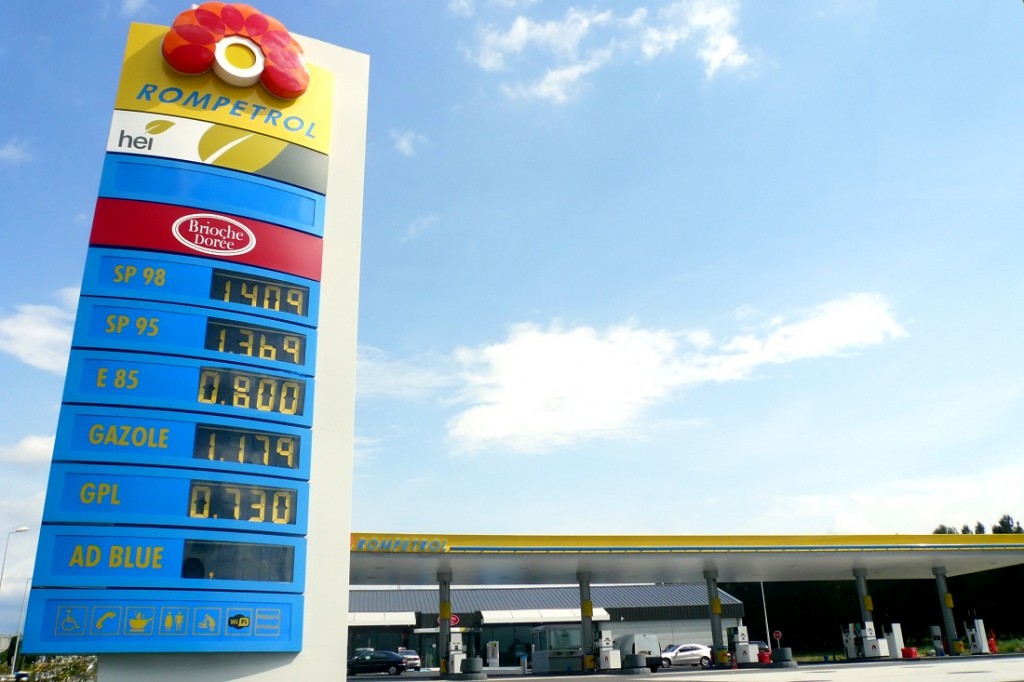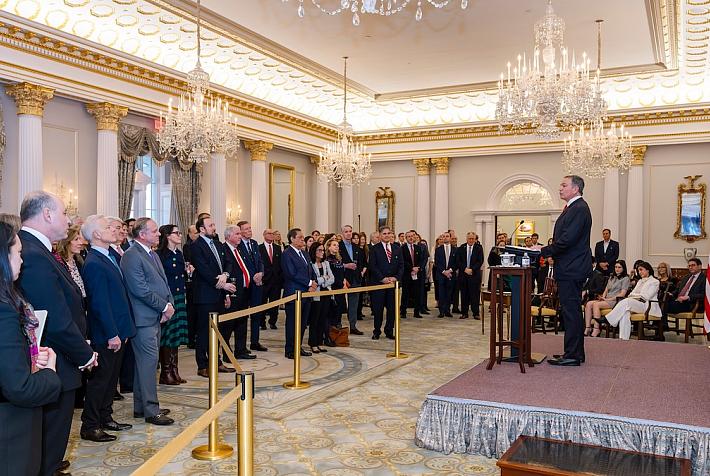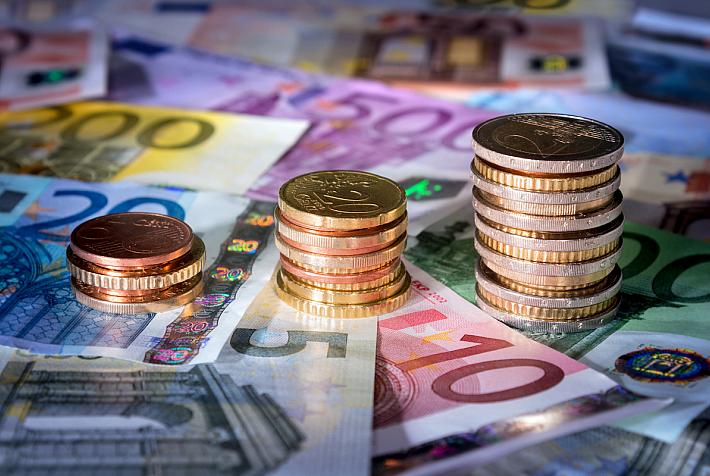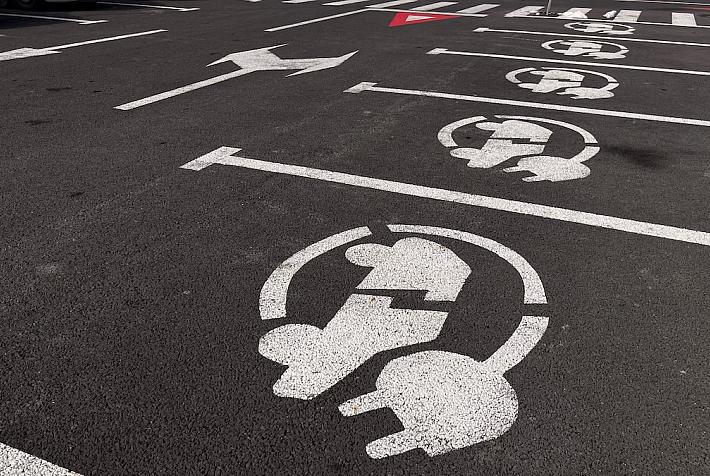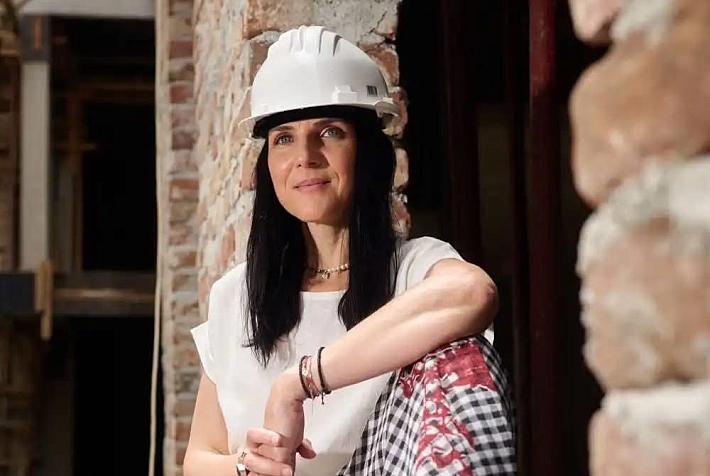Rompetrol says it will pay USD 100 mln from debt by year-end, state wants all amount, not shares (update)

(Update adds details about Rompetrol's lack of funds to pay off the debt in the last paragraph)
Oil and gas group Rompetrol says it will pay off USD 100 million of the USD 570 million it owes to the Romanian state by the end of the year, according to company representatives who attended a press conference earlier today. The company has already paid USD 71 million from the entire amount. The loan payment, which is due at the end of September this year, stems from Petromidia's refinery debt from 2003, which was converted by the then Government into seven-year maturity bonds, which now need to be repaid, or else they will be converted into shares. This would give the state the control over the Petromidia refinery, now owned by Rompetrol Rafinare, part of Rompetrol Group. Rompetrol Group is currently owned by KazmunaiGaz, which took it over from businessman Dinu Patriciu in 2007.
However, the state said it didn't want the control over Rompetrol Rafinare, according to Dmitry Grigoryev, Rompetrol's financial director.
“The state said it didn't want to become a shareholder in Rompetrol Rafinare. We are considering the opportunities to manage the refinery together with the state. If we won't have cash flow in the refinery, we will have the option to close it down,” said Grigoryev.
The state has also given Rompetrol Rafinare the account number where it can pay the debt just days before starting a law suit against the company, according to Ana Diculescu Şova of NNDKP law firm, who is representing Rompetrol.
The law which converted the debt into bonds was an exceptional law, which stated the bonds could have either been recovered by Rompetrol after paying the debt, or changed into shares in Rompetrol Rafinare.
Should the state have converted all the bonds into shares, it would have taken the control over the company, if it were not for the USD 71 million payment made by Rompetrol on August 9. However, the state insists that the debt can be covered either by full payment, or by conversion into shares, but not both at the same time. KazmunaiGaz, the main shareholder in Rompetrol Group, has paid USD 71 million and an extra USD 24 million in interest.
On the other side, Grigoryev says Petromidia holds a USD 900 million debt to the mother-company, the Rompetrol Group, which is due in less than a year, so the shareholders need to decide what to do about this debt and how to pay it.
UPDATE: Rompetrol intends to pay off its debt eventually, but it doesn't have any money to do it at the moment, as the company's results were negative. Its representatives say the company has invested and will continue to invest in Petromidia, keep the staff there. They also mentioned the EUR 1.5 billion the group pays in taxes to the state. 'If we were to analyze the oil prices, it seems better to close down the refinery. [..] Business wise, it seems better to import products from China and Korea and bring them to Romania. The refinery needs to continue working because we have employees there," said Grigoryev. "This is why we don't have cash in excess to pay this debt," he went on. "But we pledge to respect all the conditions."







